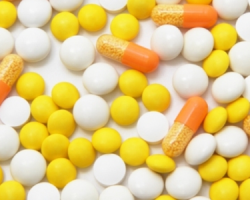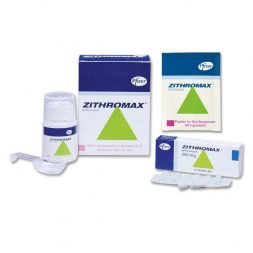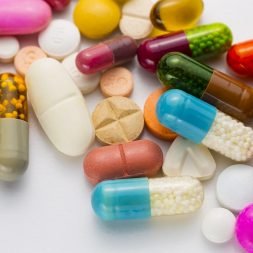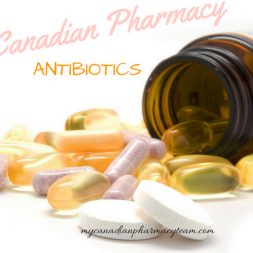In general, Ampicillin is considered a relatively safe antibiotic that rarely causes side effects. There is a theoretical possibility that this drug is compatible with alcohol. But there are no safe drugs – each of them has one or other toxic properties, and each person has an individual sensitivity threshold to them. If the body is affected by two xenobiotics, the probability of unusual reaction is multiplied.
Ampicillin and Alcohol: Compatibility
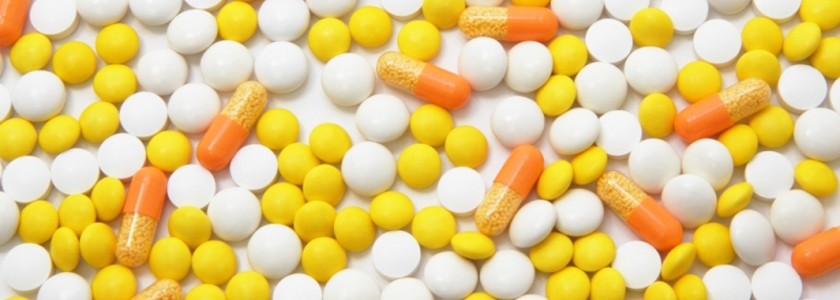
Alcohol is a typical xenobiotic substance that has a negative effect on gastrointestinal tract organs, the central nervous system, and all other organs and systems. The liver is the main target of ethanol and the main factory of its «neutralization».
Medications are also alien to the body, and most of them are biotransformed in the liver. Accordingly, the liver is forced to spend its resources at double rate.
The antibiotic does not pass biotransformation stages and excreted virtually unchanged by kidneys and in small quantities with feces. This means that Ampicillin combined with alcohol may not cause some very adverse effects in some cases.
So, if Ampicillin combined with alcohol doesn’t cause any consequences, can you drink alcohol during treatment? In fact, it is difficult to imagine a situation when it is impossible to avoid alcohol intake during treatment course with any medication.
Maybe alcohol has become an everyday part of your life? Then it is necessary to find out that ethanol and other xenobiotics transformation in chronic alcoholism (read more) is distorted or distracted.
So, abusing alcohol violates cytochrome P450 proteins activation system. Under alcohol influence, it is induced and other enzymes and cytochromes necessary for drug metabolism are on the contrary inhibited (suppressed).
Preparation is injected parenterally in the form of Ampicillin sodium, containing about 70 mg of sodium. This may have clinical relevance when using parenteral forms at patients for whom sodium content in products is strictly limited: congestive phenomenon at cardiac insufficiency, arterial hypertension and fluid retention (including obscure edema).
This suggests that even people consuming a small amount of alcohol may observe changes in metabolism system reactions, and what can cause these changes is absolutely unknown.
Ampicillin and Alcohol: Consequences
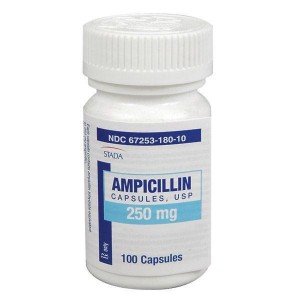 The most obvious consequence of such a cocktail will be a reduction of drug treatment effectiveness. But it is the most harmless consequent that can happen.
The most obvious consequence of such a cocktail will be a reduction of drug treatment effectiveness. But it is the most harmless consequent that can happen.
Combining this drug and alcohol is not recommended. First of all, such combination affects the liver. Alcohol will reduce its efficiency, so it won’t be able in required degree influence active drug substances and there is a risk of overdose. Or a double load is able to provoke jaundice or toxic hepatitis, which can lead to fatal results.
Drug impact on the stomach is also quite aggressive and there quite possible such adverse reactions as sickness, diarrhea, and even vomiting. Besides, there is a risk of internal hemorrhages, due to deterioration of blood clotting ability.
For patients with chronic gastritis, a combination of these two things is deadly. Do not ignore the fact that this combination increases the risk of severe allergic reactions many times.
Posted by Dr. Himanshu Singh

 English
English Deutsch
Deutsch Français
Français Italiano
Italiano Español
Español Svenska
Svenska Português
Português 日本人
日本人 Dansk
Dansk Norsk
Norsk Suomi
Suomi Czech
Czech